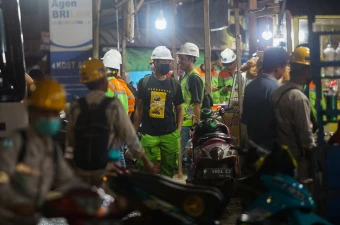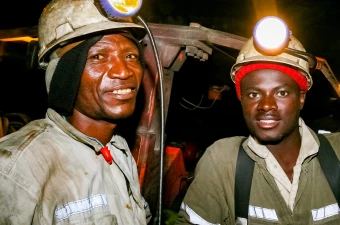Domestic workers in Indonesia have to deal not only with working far too many hours and immense pressure at work, but they are also confronted with forced labour and (sexual) intimidation. CNV Cleaning (part of private sector union CNV Vakmensen) works to support these workers by providing training from CNV Internationaal. The collective labour organization for the cleaning sector helps finance these training programmes. CNV negociator Jan Kampherbeek says, “It is extremely important that we support this project. The serious problems in the sector usually involve vulnerable women who have little legal protection.”
CNV Internationaal works together with JALA in Indonesia. This organization stands up for the interests of domestic workers. JALA helps them organize and trains them so they can stand up for their rights. So they can work under contract and receive a salary higher than minimum wage. Moreover, JALA communicates with the government to improve legislation to ensure that domestic workers also have the right to social security.
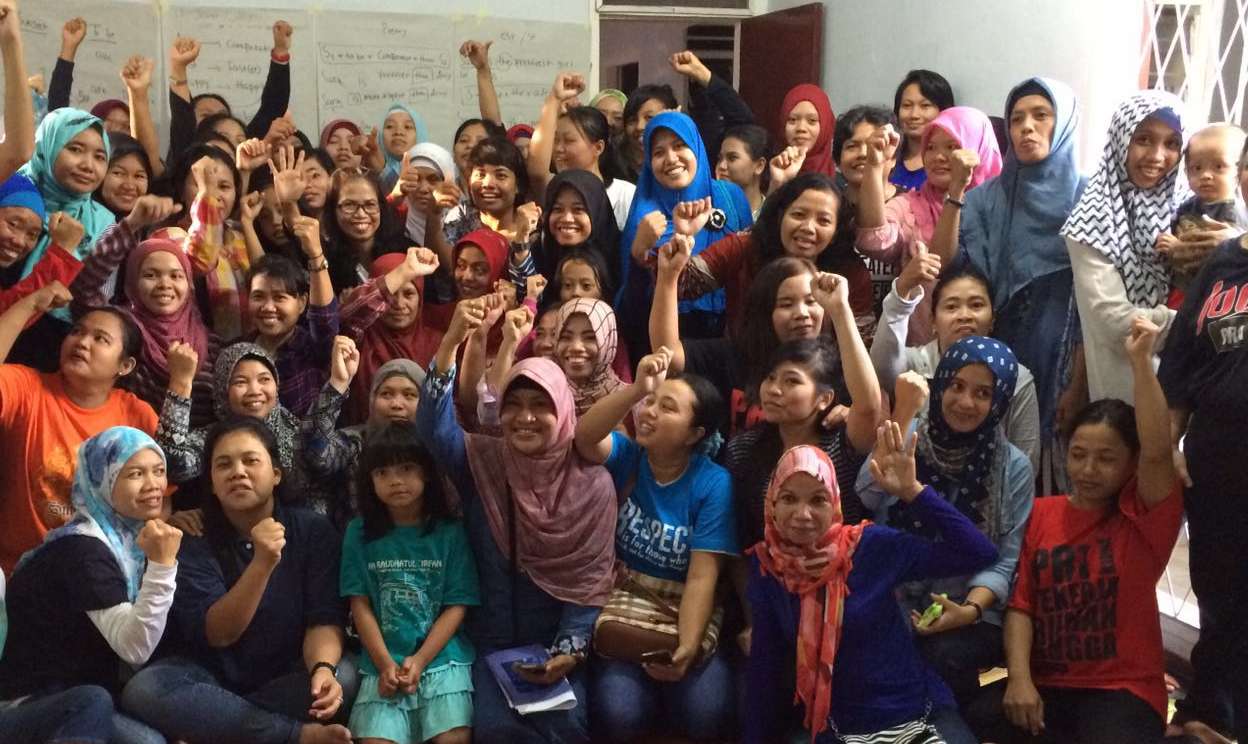
Thanks to the support Dutch employers and workers agreed in their sectoral collective labour agreement for the cleaning sector, some 760 domestic workers have been organized via JALA. More than 225 domestic workers have become active members and been trained to solve their colleagues’ issues. Also due to their training, they are able to give legal advice. They can concretely help colleagues who have been wrongfully dismissed, who have no contract, or who are not being fairly paid.
"I never had free time, and I was not allowed to go outside, I was not allowed to talk and was obliged to wear pajamas. Because my boss did not want me to wear better clothes than them, I did not have a room for myself, I slept in the storage room" (Mortini)
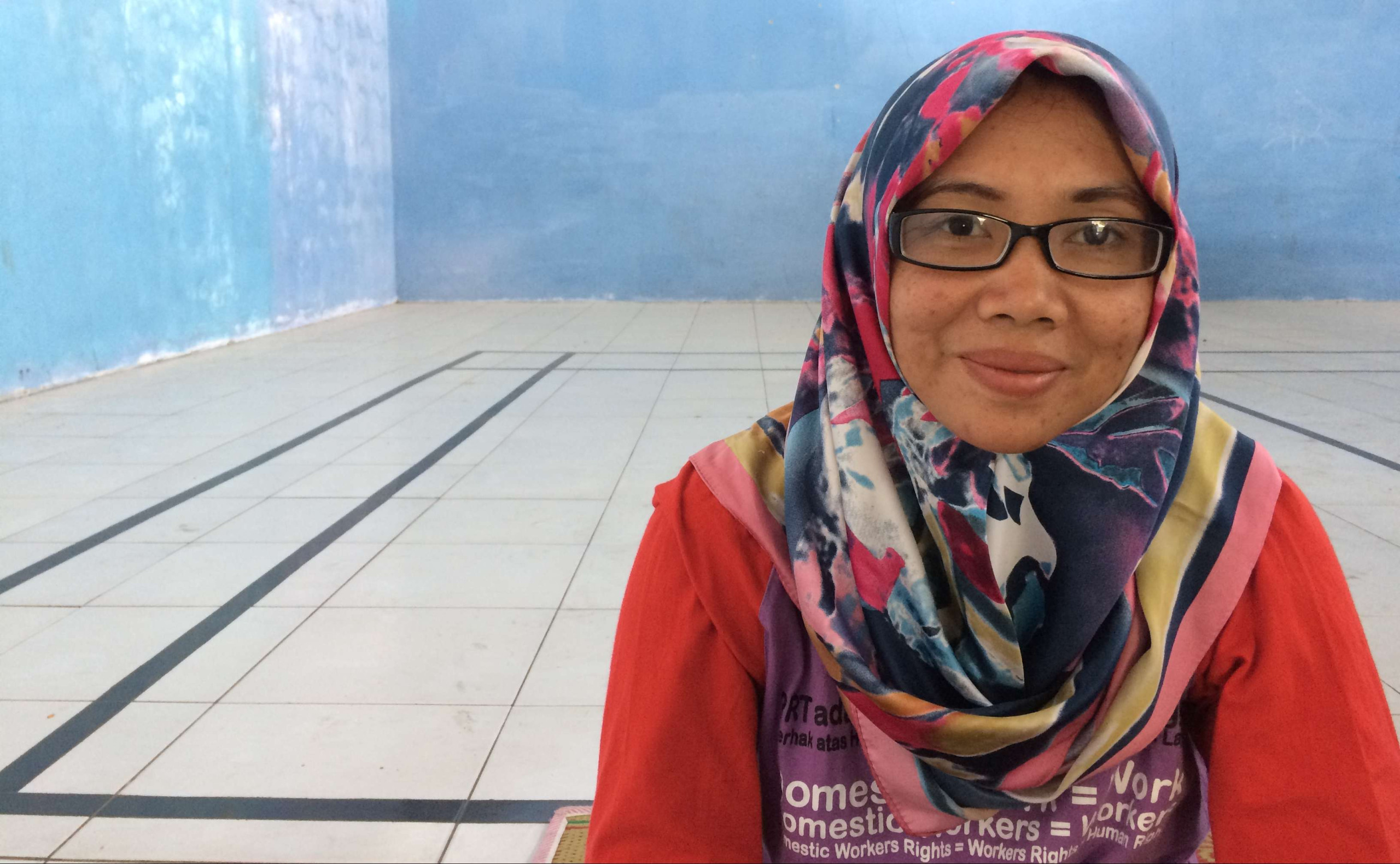
"I've been a domestic worker since I was 15," says Mortini,( 37). In my last job, I earned 21 euros a month, I never had free time, and I was not allowed to go outside, I was not allowed to talk and was obliged to wear pajamas. Because my boss did not want me to wear better clothes than them, I did not have a room for myself, I slept in the storage room, I wanted to go back to my parents, but I did not get permission, and eventually my parents came to pick me up.
I am very happy with JALA. Thanks to JALA, I learned that I have rights. Jala can help you if you are in trouble. My dream is that I would have free days, also on public holidays and a normal working day of 8 hours.
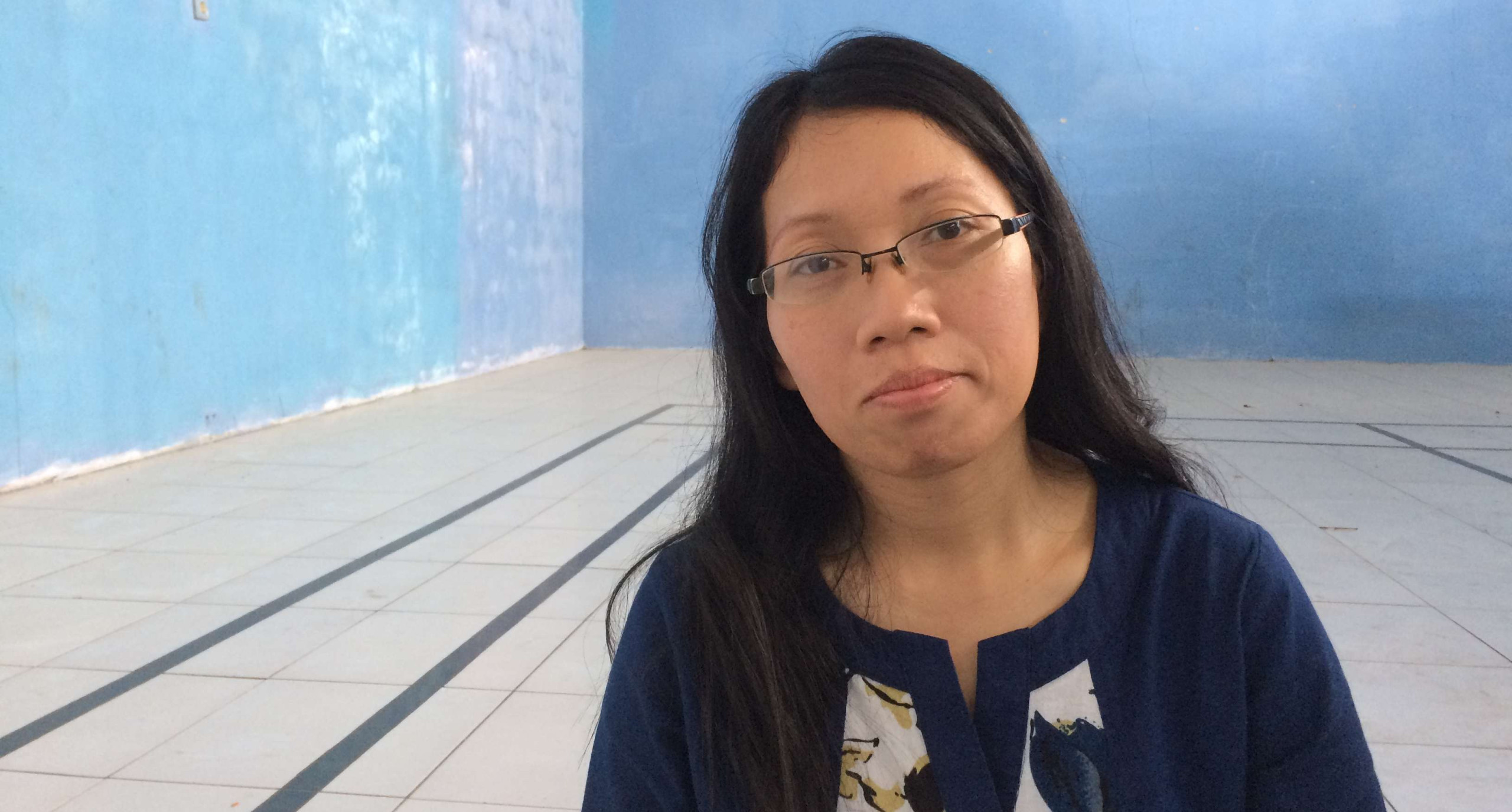
"I’ve been working as a domestic worker since I was 17, 'say Yuli Maheni." In my last job, I had to work 14 hours a day. I only slept 5 hours a night. When my boss also started taking liberties, I decided to quit. But then it took a year for me to receive my wages.
One of friends and I started to get actively involved with JALA. JALA takes action for you when you have problems. They taught me how to talk with my boss about my problems at work and my rights. We’ve started JALA teams at various locations. But, if we want to be able to help domestic workers on a greater scale, we are going to need more teams.
I am hoping that my government is going to approve the 189th ILO international convention. This will help us achieve more rights for domestic workers.
Luckily, I’m better off now. I’m married and have an 8 month-old baby. I now have work at 5 houses and I work 6 days a week, 5 hours a day. Unfortunately I one have a contract with one of my houses. The others aren’t yet willing to do that.
Yuli Maheni (42)
Due to their working conditions, domestic workers are extremely vulnerable to abuse. Forced labor is unfortunately no exception. Therefore, we call on you to sign the call to countries to ratify the international protocol against slavery and forced labor. Because a lott of countries still didn't sign this protocol.
Publication date 25 10 2018
